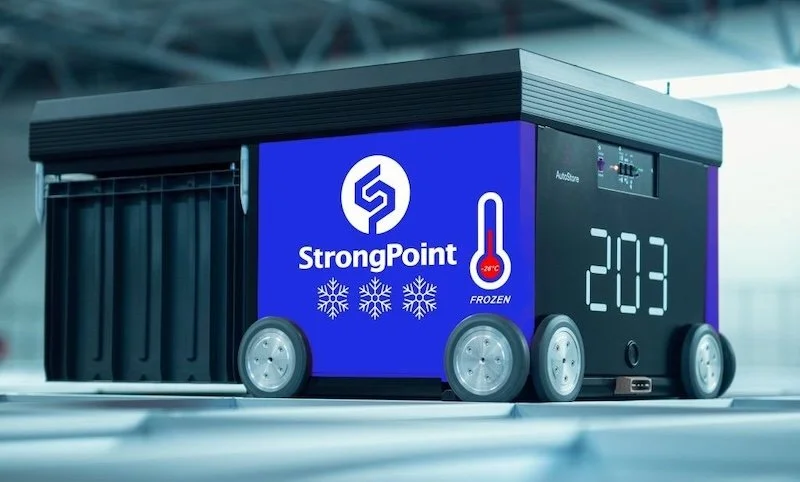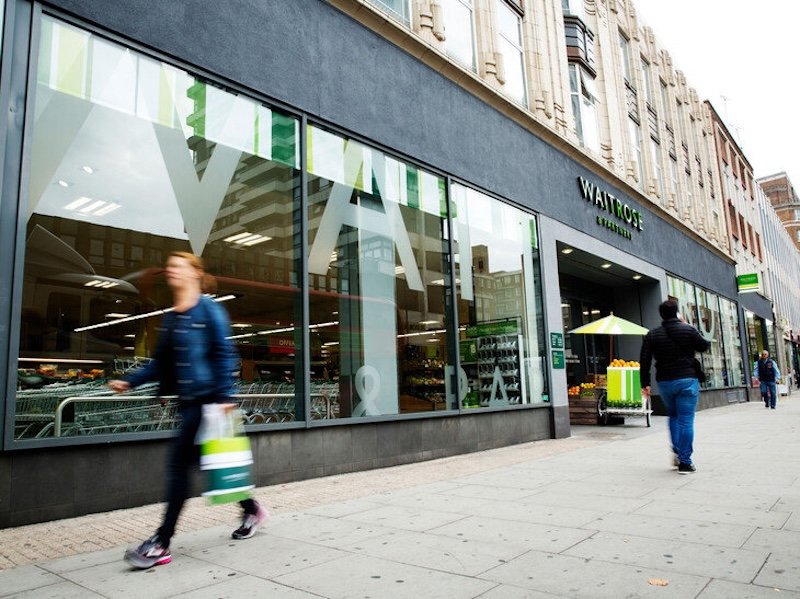Why multi-acquiring is crucial for retailers in a post-Wirecard world
By Nikhita Hyett, MD, Europe, BlueSnap
As we race towards Q4 and what is traditionally the busiest time of the year for retailers, you’d be forgiven for not taking the time to reflect on what has been an immensely challenging few months for the sector.
The retail industry has had to respond to several cataclysmic events already in 2020, and the effects of the pandemic are really still in their infancy. Most businesses have been pivoting to rely on their online and e-commerce offering more than ever and the high street is struggling to recover.
Reeling from the Wirecard outage
The repercussions caused by the Wirecard scandal were added to the list of unexpected events to rock the industry this year, and only exacerbated the financial and technical strains that some retailers were under.
But unlike some of the more complex obstacles brought about by lockdown and wider economic recovery, the effects of payment processing outages is something that retailers can quickly and easily protect themselves from in order to future proof their businesses.
As a quick recap, in June many retailers that relied on Wirecard’s technology to process their payments were unable to access their money, make or receive any payments due to the alleged accounting fraud at the company.
At a critical time, when cashflow was of utmost importance for survival, this was an unwelcome challenge for many businesses to overcome.
Establishing an alternative
These outages understandably sent the technical teams of those businesses that used Wirecard as a payment processor into overdrive, as they tried to get their services back up and running.
But for merchants, this issue can be avoided simply by ensuring that they are not dependent on a sole bank for their payment capabilities. By having access to multiple banks, or failovers, they can ensure that they can always send and receive money.
And whilst the mind-boggling events at Wirecard may seem like a unique set of catastrophic circumstances, what they have done is highlight the more widespread, underlying issue of retailers using one bank for all of their payments processing.
Outages can happen to any financial institution, no matter how big or small, and the rippling effects do not discriminate: all those connected to that company will face potentially severe consequences.
In short, if your business relies on a single banking connection, you will face similar issues if a bank goes down, whatever the reason that causes it is.
Against this backdrop, it's really important that retail businesses can rest assured that they can trade at all times, no matter the circumstances. And to do so, they must have a reliable failover in place.
Whilst there are supposed benefits to using the likes of Elavon or Barclaycard, if a business has a connection to only one of these in place, they should look at branching out. If retailers are using one bank exclusively, they urgently need to review their partner arrangements.
A simple solution
Today, for merchants who are currently reliant on a single bank, the answer lies in multi-acquiring. And we’ve come a long way from the time when establishing multiple failovers was a lengthy and arduous process.
Previously, this has been the preserve of retail behemoths alone. The likes of Amazon and Tesco would typically use several banking partners. These are global businesses which need to transact around the clock, and any disruption would represent significant revenue lost to them.
In addition, multi (or dual) acquiring was a more manual process before now, requiring multiple contracts, spread across many different markets with a number of different banking partners. And there have previously been significant technical hurdles and complex APIs that come with having a failover in place.
Large companies can afford these resources, of course, but how could differently scaled retailers, with limited payments knowledge and who want to hand over payment responsibilities to one, trusted, global partner hope to manage this?
Democratising protection
All businesses can now access a truly global banking network by working with one multi-acquiring payment processing partner, which will automatically be connected to a number of different banks. This, in turn, gives them multiple payments options and constant protection via multiple failovers.
Before this year, I’d always thought that the biggest benefit for businesses that had access to a large global banking network was the ability of intelligent payment routing to get the highest conversion rate, to maximise and boost revenues.
But now, following the Wirecard issues and in light of the uncertain economic climate, I now see that the biggest benefit for merchants is the confidence that comes from having not just one, but multiple back-ups. High authorisation rates are meaningless if you can’t take payments in the first place.
Only time will tell as to whether this year keeps to the usual patterns of peak retail activity, although early figures suggest that the UK holiday season will be as busy as any other, and who knows what other challenges we’ll have to face along the way.
Multi-acquiring can at least remove one uncertainty; businesses with this platform in place will always be able to process payments, and ultimately trade with the maximum level of confidence, no matter what is thrown at them.










Continue reading…